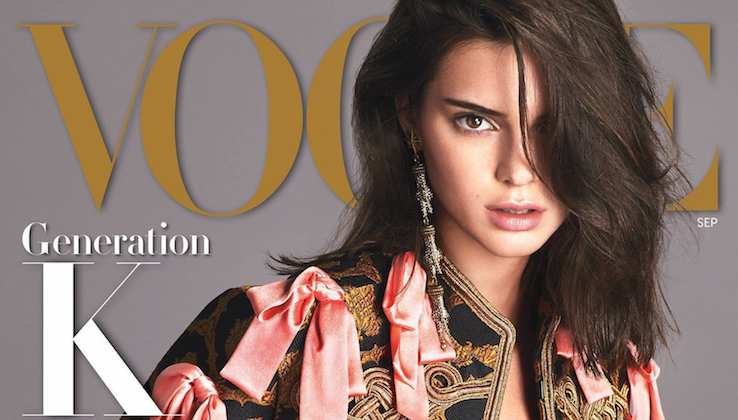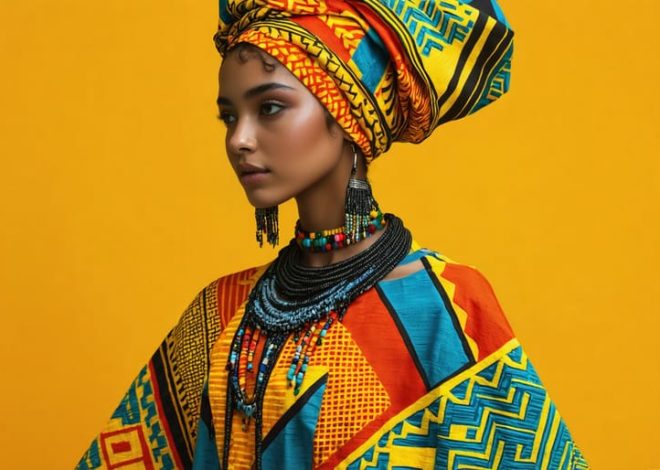Vogue Faces New Challenges as Anna Wintour Shifts Focus

Condé Nast executives are under increasing pressure to maintain advertising revenue following Anna Wintour’s recent announcement that she will no longer oversee the day-to-day operations of Vogue, the iconic fashion brand she has led as editor-in-chief since 1988.
While Wintour will retain her broader roles as Condé Nast’s chief content officer and global editorial director for Vogue, it’s still too early for the advertising industry to gauge any significant changes in the brand’s advertising momentum. One agency executive shared with Digiday the importance of Wintour’s role: ‘[Ad dollars] flow to Vogue because of Anna.’
Wintour has become synonymous with Vogue, but the fashion media landscape has evolved dramatically since the publication’s print-heavy peak. Brands now face challenges such as shrinking referral traffic, shifting ad dollars to search and social platforms, a booming creator economy, and the rise of generative AI technologies curating fashion content.
The Future of Vogue: Adapting to Change
Despite these shifts, there’s hope that Wintour stepping back from daily operations while maintaining an overarching influence could benefit Vogue by infusing the brand with new energy. A former Condé Nast editor noted, ‘If they play their cards right, it can also signal to the advertising community that there’s something new and exciting in the air.’
Condé Nast, like many other publishers, isn’t immune to these changes. Recently, Vogue reduced its audience rate base from 1.2 million to 1 million, aligning it more closely with competitors such as Elle and Harper’s Bazaar, according to an anonymous agency executive. A spokesperson for Condé Nast declined to comment but shared some impressive digital performance figures, including 1.6 million visitors and 3.4 million TikTok views for a recent cover featuring Lauren Sanchez Bezos.
The Shifting Role of Content Distribution
The next editorial leader at Vogue will need to adopt a more platform-centric approach to content distribution and monetization. With the audience increasingly relying on third-party platforms rather than visiting owned publisher websites, the future of Vogue will likely require more flexibility and collaboration with social media giants and AI-driven platforms. One former executive emphasized, ‘Whoever comes after her will have more autonomy to think about the evolution from print to third-party distributed platforms and AI.’
The Growing Influence of Creators
Creators are taking an ever-larger slice of marketing budgets, which is reflected in Vogue’s evolving strategy. Former Condé Nast editors noted that the Vogue brand itself has become even more influential than the magazine itself. ‘Being associated with Vogue still means something,’ they said, adding that many creators still aspire to appear in the publication.
In response to the rise of social media and influencer-driven campaigns, Condé Nast has adapted by selling more integrated campaigns, such as Vogue on Instagram, Vogue on TikTok, and Vogue on YouTube. The company has also been focusing on leveraging these platforms more effectively.
Despite a challenging year with layoffs and restructuring, the power and prestige of Vogue remain intact. According to a senior agency executive, ‘Condé Nast, and Vogue, are well-positioned to tap into the creator economy more effectively than they have in the past.’
The hiring of Elizabeth Herbst-Brady as Condé Nast’s chief revenue officer further signals the company’s intent to adapt to the changing media landscape. Herbst-Brady’s experience leading revenue and advertising teams at tech companies like Verizon and Snap shows a commitment to shifting gears toward a more creator-driven strategy.
The Future Outlook
Despite some uncertainty surrounding Wintour’s role change, the luxury market remains a lucrative space for Vogue. Advertisers still see Vogue as a trusted environment for reaching a high-end audience. However, many executives believe that the magazine’s continued success will be deeply tied to Wintour’s influence, even as she transitions to a less hands-on role. Tricia Logan, a managing partner at DHR Global, explained, ‘It’s hard to separate the two.’
As Vogue navigates this transition, its ability to stay relevant in the digital age will depend on its adaptability and continued influence in the creator economy. Whether or not it can fully embrace these new opportunities remains to be seen.



